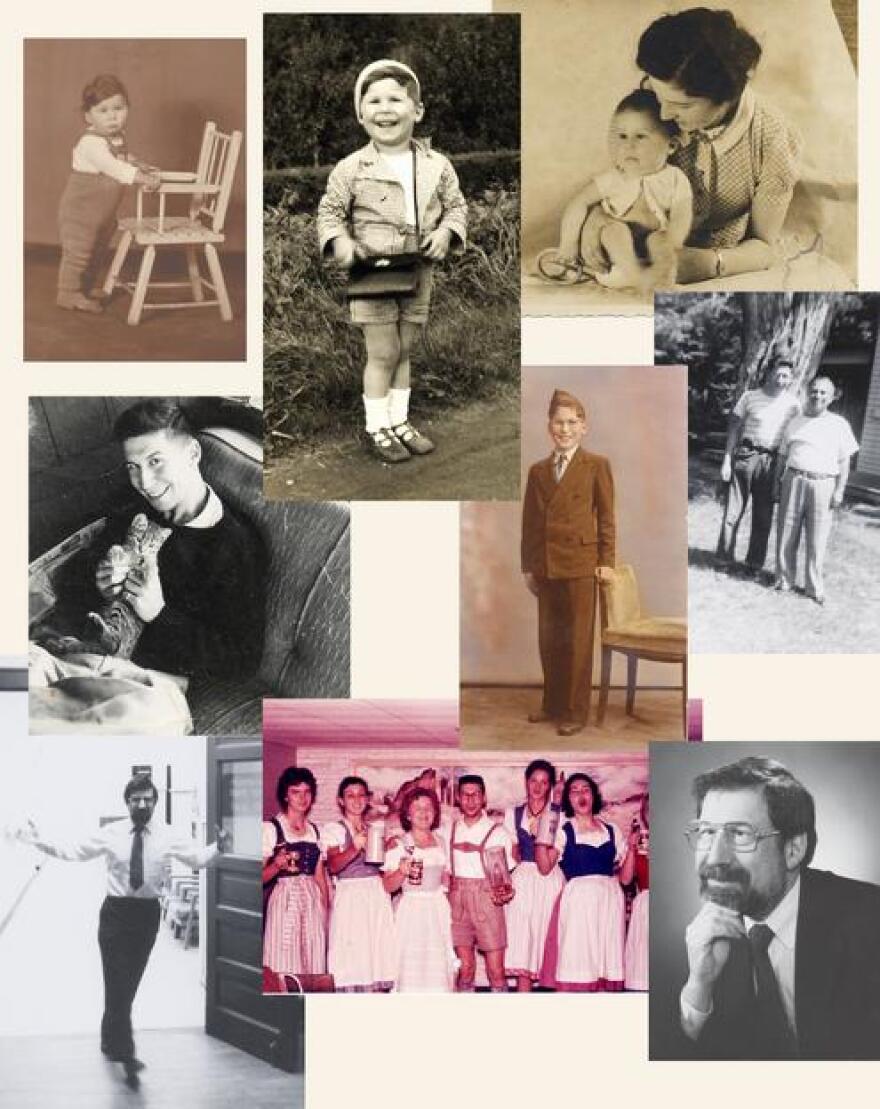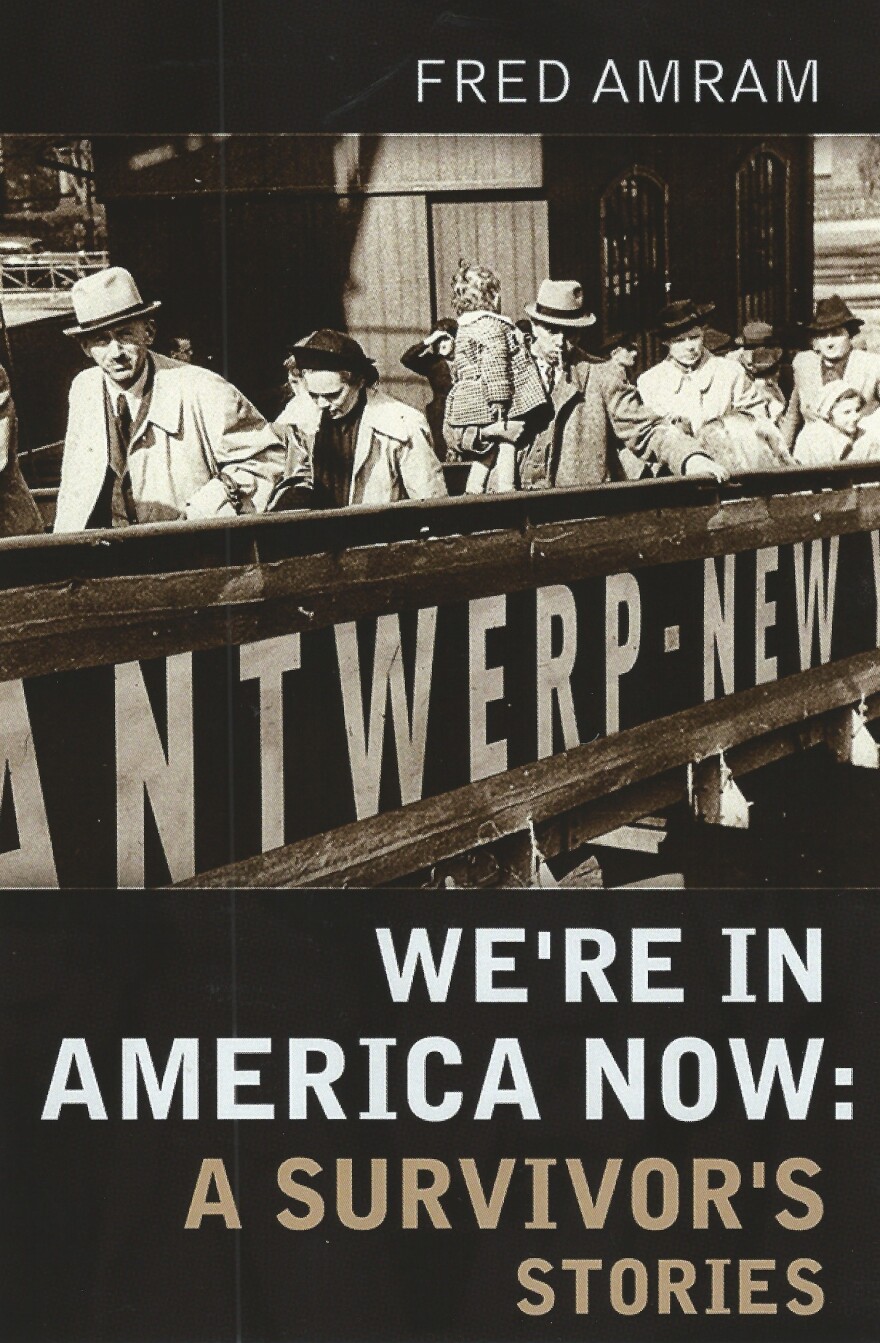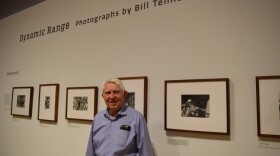Whether it's the travel ban or the temporary suspension of refugee admissions, immigration issues are at the forefront these days. As the United States and the world grapple with refugees from Africa and the Middle East, in the 1930s and '40s, the international community needed to respond to the increasing number of European Jews fleeing Nazi Germany.

Born in Hannover, Germany in 1933, Fred Amramis one such refugee. He was five years old when he witnessed the looting and burning of Jewish shops and beatings of Jews during Kristallnacht. His family escaped to the Netherlands, then Belgium, and then onto an ocean liner to the United States in 1939, just at the start of WWII. He was able to stay alive while cousins, aunts and uncles perished.
He wrote a book of short stories, called We’re in America Now: A Survivor’s Stories, about his experiences during his early years in Europe and as a refugee in New York City.

Amram says what distinguishes a refugee from other types of migrants is "these are not immigrants who, at their leisure, want to come to a new country. These are people who are seeking refuge. Refugees are running away. In my case, we were running from the Gestapo. We were running from death."
Before his family left Germany, they endured increasing discrimination, such as Jews-only benches and exclusion from hospitals, shops, places of employment and even from bomb shelters, as British bombs exploded in German cities.
Amram's family ultimately made it to the shores of the United States. In later years, his father, his role model, told him that seeing the Statue of Liberty was the highlight of his life.
Amram says he is using his experiences to make sure that nothing like what happened in Germany befalls the United States.
"I wrote an op-ed piece for a local Minneapolis newspaper in which I told the story of how we had to register as Jews in Germany and how the current situation suggests that Muslims may have to register," he says. "My wife and I agreed that we would immediately register as Muslims and that if all Americans [did that] then Muslims couldn't be isolated. If that had happened in Germany, then Jews couldn't have been isolated."
Amram says, "If in [the 1930s] Jews had been allowed to come to the United States (and other countries as well) in larger numbers, there wouldn't have been six million Jews killed, there would have been maybe half a million."








